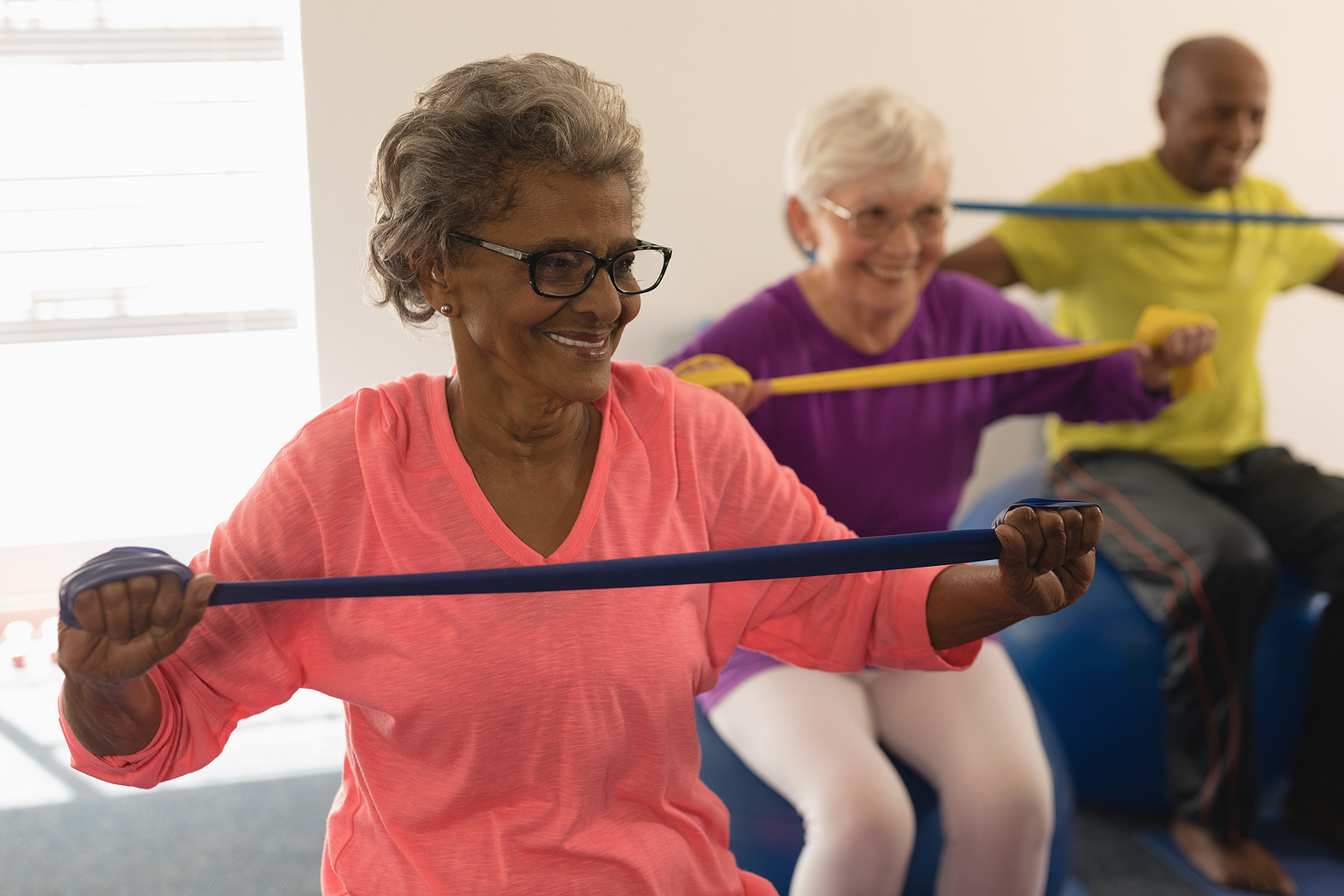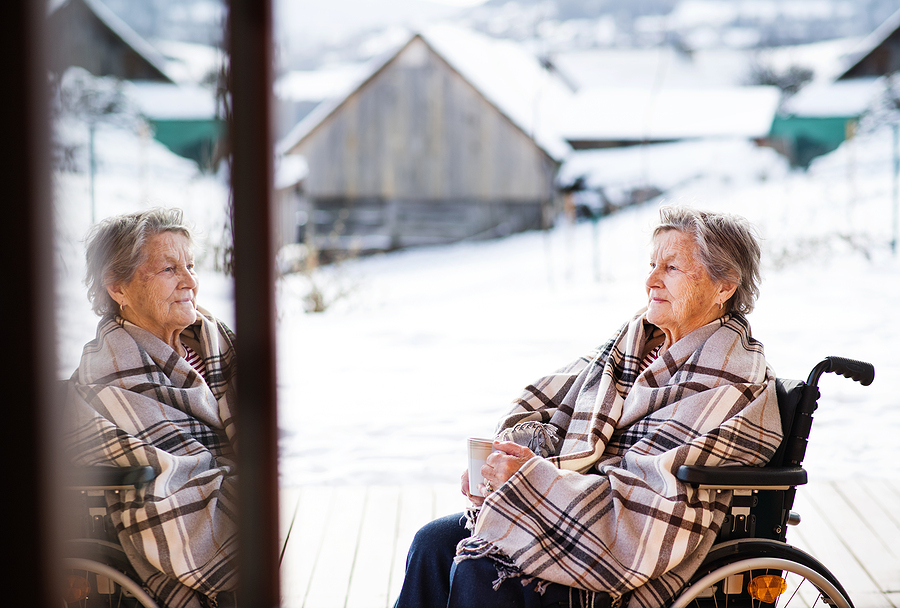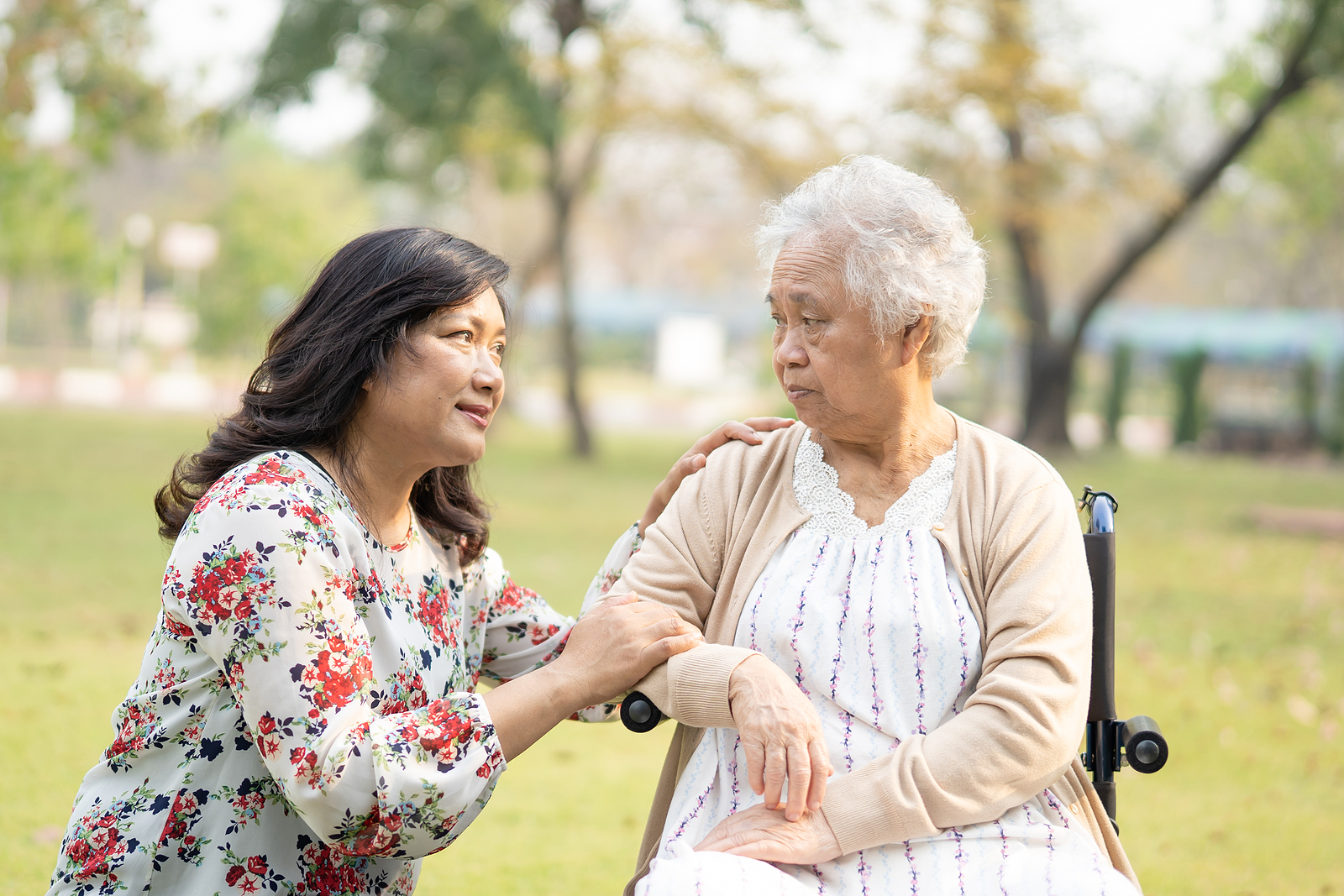Understanding the Importance of Flexibility For Seniors

Physical health depends on being flexible, especially for older people. Aging causes the muscles and joints to be stiff and hard to move, making it difficult to do simple things. But seniors can use a few tips to maintain flexibility and improve their physical health. And with the help of companion care at home and loved ones, they can be safe using these tips.
Physical Tips to Get the Most Out of Flexibility
Stretching is one of the best ways to get more flexible. Simple stretches for the legs, arms, and back can be added to a senior’s daily schedule to help them stretch. To avoid getting hurt, it is crucial to start with gentle stretches and eventually make them harder. Since stretching can help make their joints more mobile and flexible, they are less likely to fall or get hurt. Still, stretching should be monitored by their companion care at home aide to ensure they’re using the proper form.
Regular exercise is also a great way to keep the body flexible. Tai Chi and yoga are great low-impact workouts for seniors who want to get more flexible without putting too much stress on their bodies. Slow, controlled movements in these workouts can help improve joint mobility and flexibility, lower stress, and improve mental health. Swimming is another low-impact exercise that improves flexibility because the water supports the body while providing resistance. Many of these classes can be found in the community or at the local gym. Loved ones can help seniors look for these resources, and their companion care at home team can provide transportation when needed.
Nutritional Tips to Get the Most Out of Flexibility
For movement, it’s also essential to stay hydrated. When seniors are dehydrated, their muscles and joints can get tight, making moving hard. Seniors should drink at least 8 glasses of water daily to keep their bodies fresh and their muscles and joints flexible. They should also avoid alcohol and caffeine, which can make the body lose water and make muscles stiff.
In addition to staying refreshed, eating well can also help make seniors more flexible. A diet full of fruits, veggies, whole grains, and lean protein can give them the vitamins and nutrients their muscles and joints need to stay healthy. Seniors should try to eat a well-balanced diet and avoid processed foods and sugary drinks, which can cause inflammation and stiffness in the joints. Omega-3 fatty acids in fish and nuts can also help lower inflammation and improve joint health.
Wellness Tips to Get the Most Out of Flexibility
Seniors should make sure they get enough rest and relaxation. Stress and insufficient sleep can make muscles tight and stiff, making it harder to stay flexible. Seniors should try to sleep for 7-8 hours every night and use deep breathing or meditation to help them relax and deal with worry.
Ultimately, staying flexible is important for seniors to keep their freedom, improve their flexibility, and lower their risk of falling and getting hurt. Their mental health and general quality of life can get a boost from these habits, especially when they’re consistent. Companion care at home can help seniors with the above list of tips, as well as add their own.
Sources:
https://www.ncbi.nlm.nih.gov/pmc/articles/PMC3503322/
https://www.thejoint.com/north-carolina/mint-hill/mint-hill-12029/327853-flexibility-why-its-important-in-everyday-life#
Subscribe
Date: September 20, 2023


